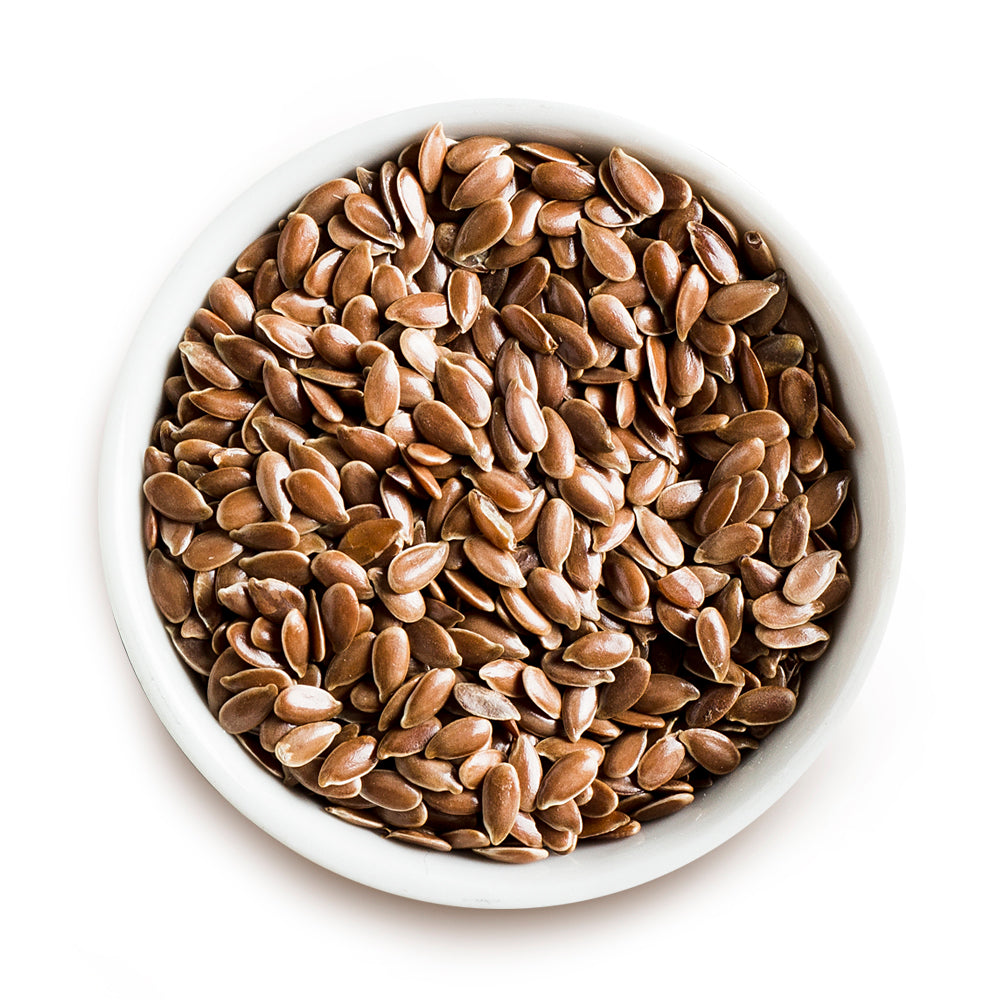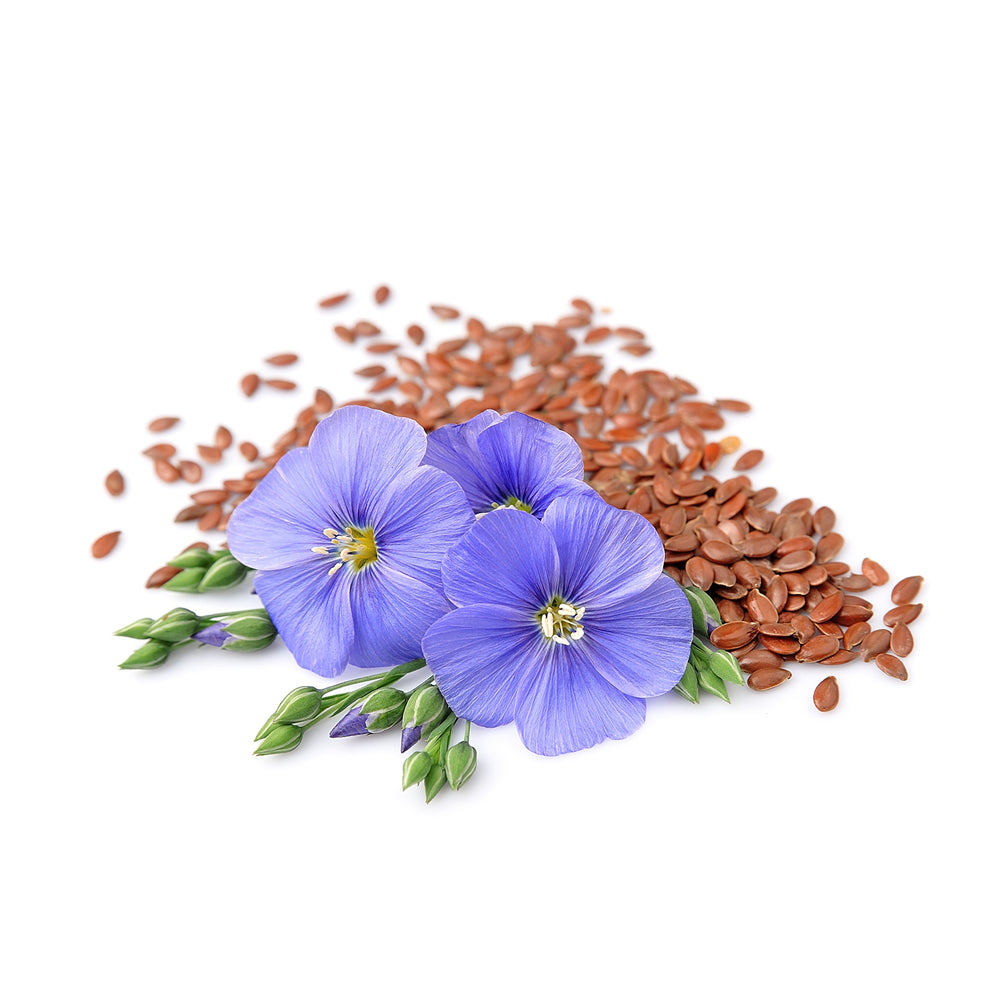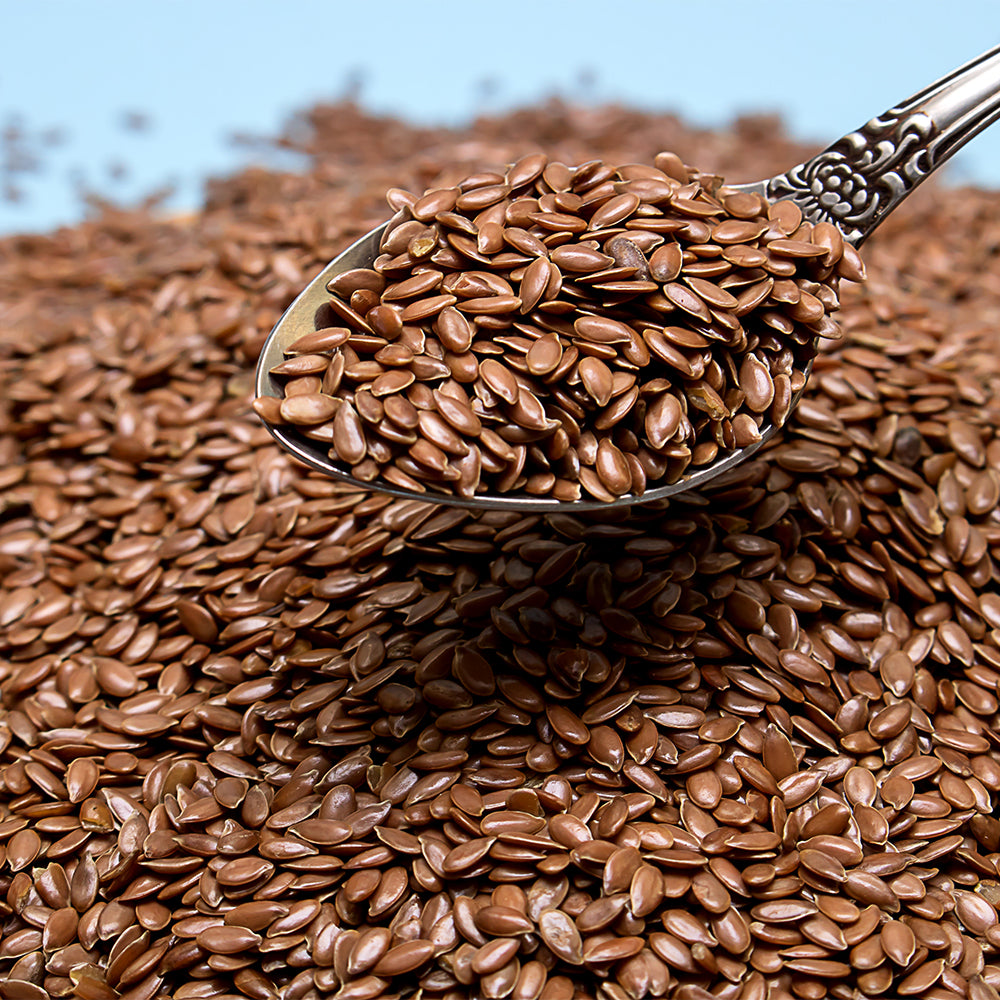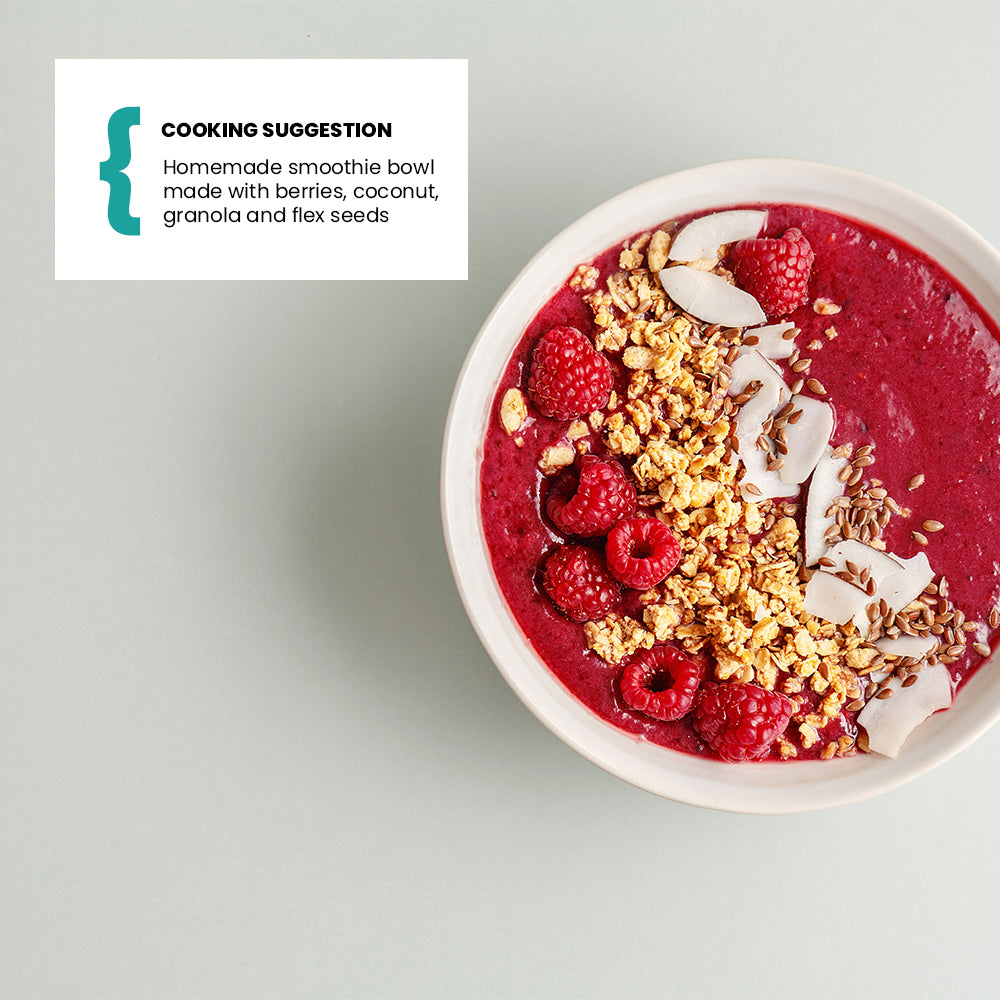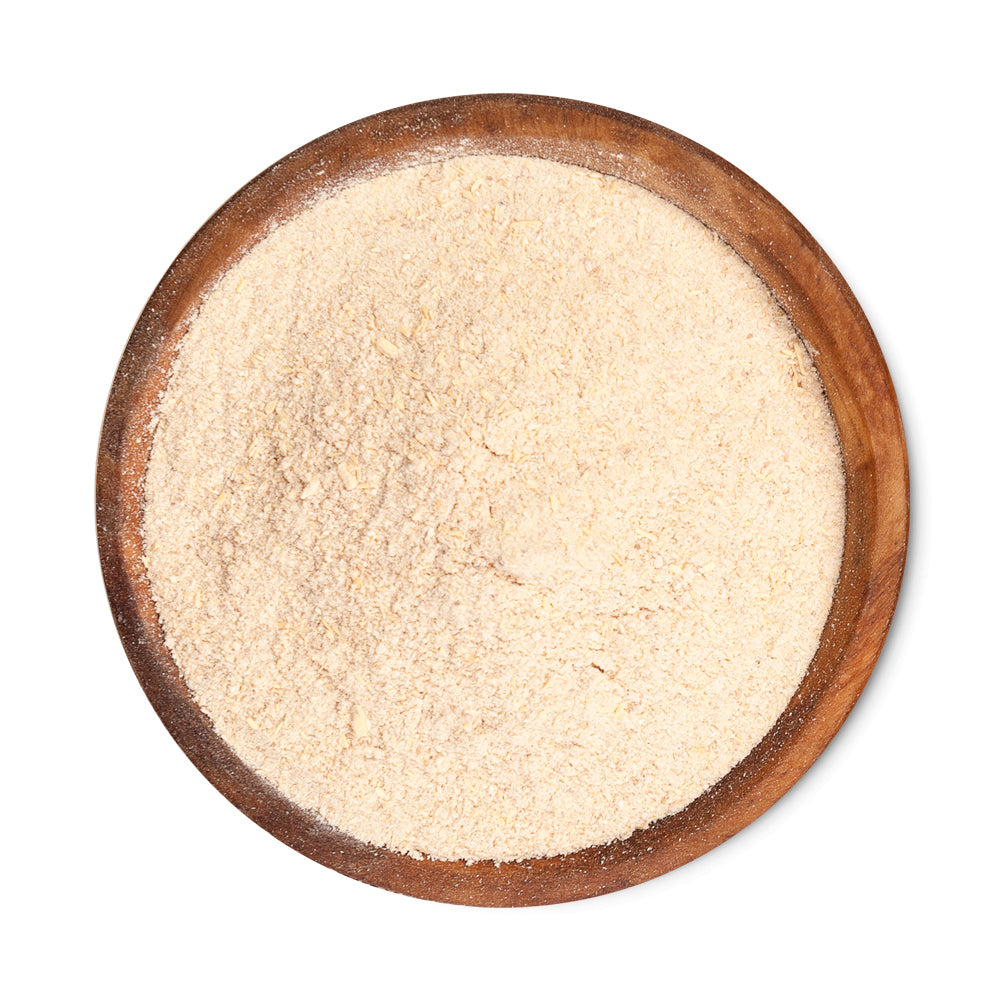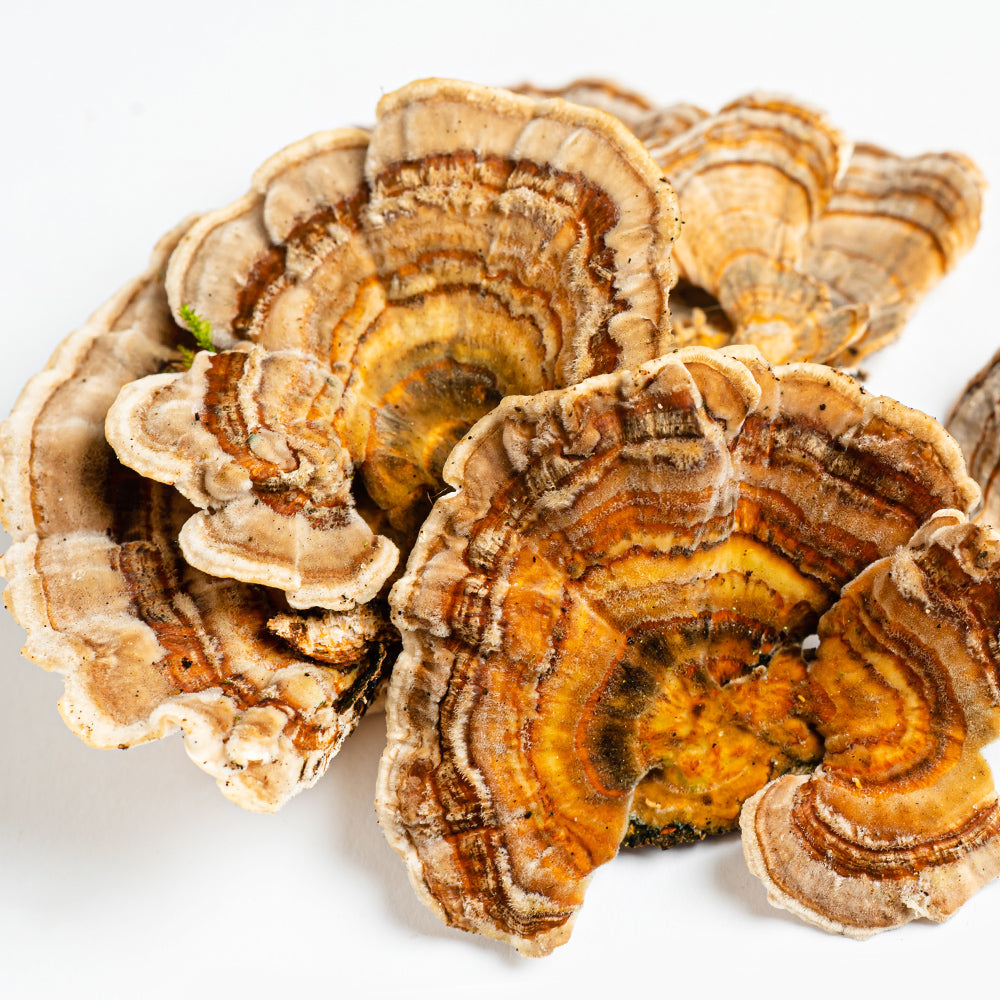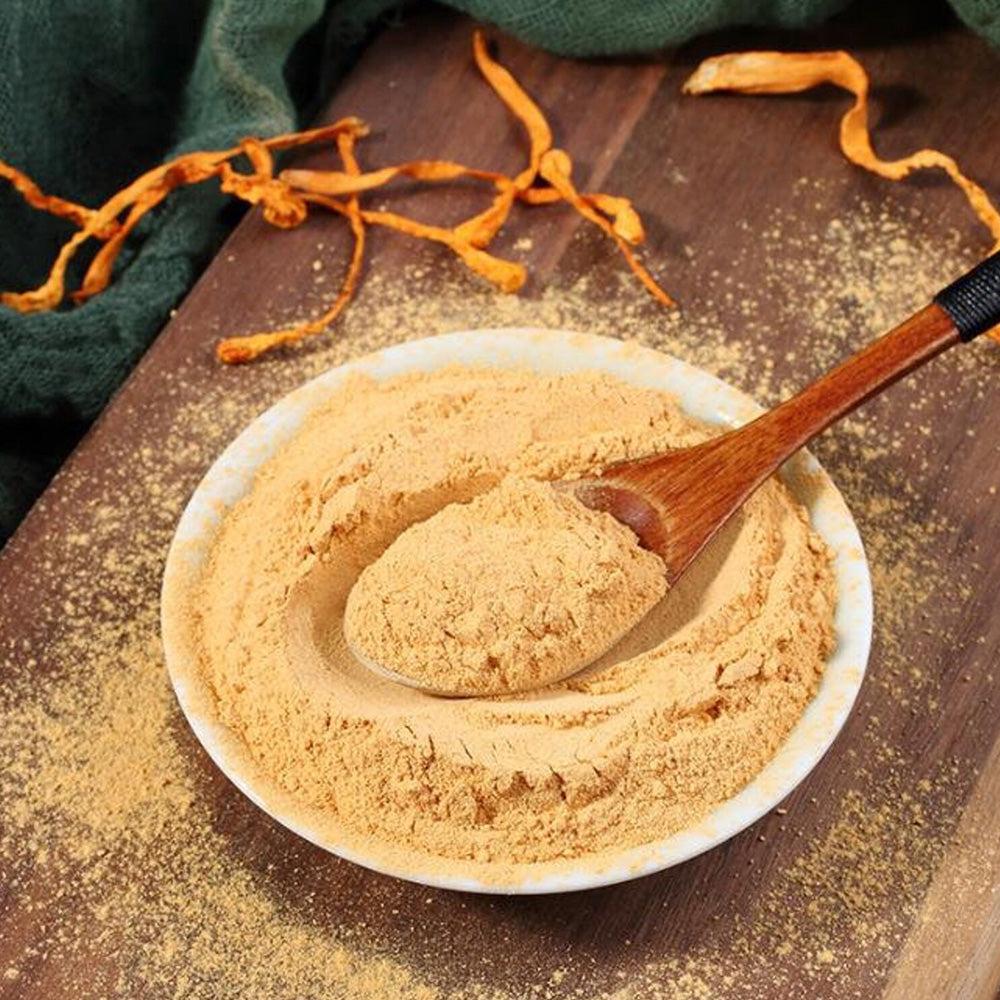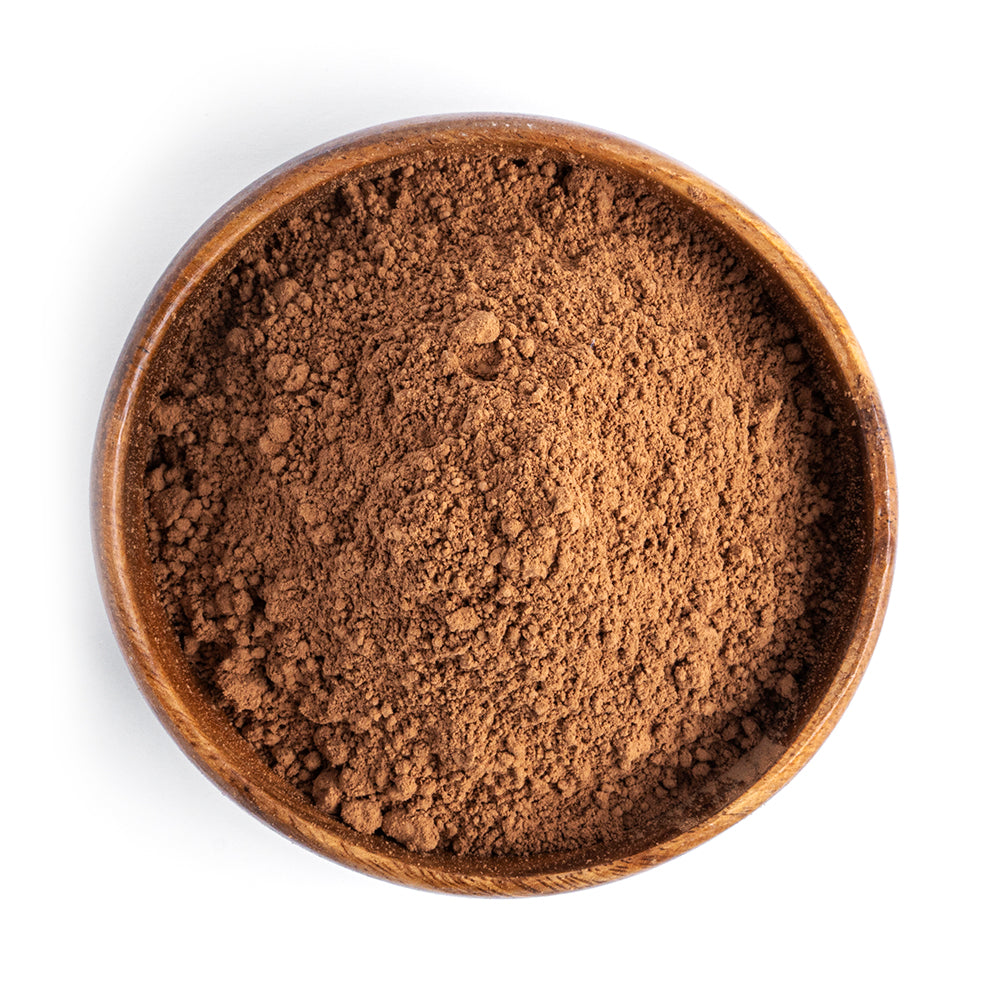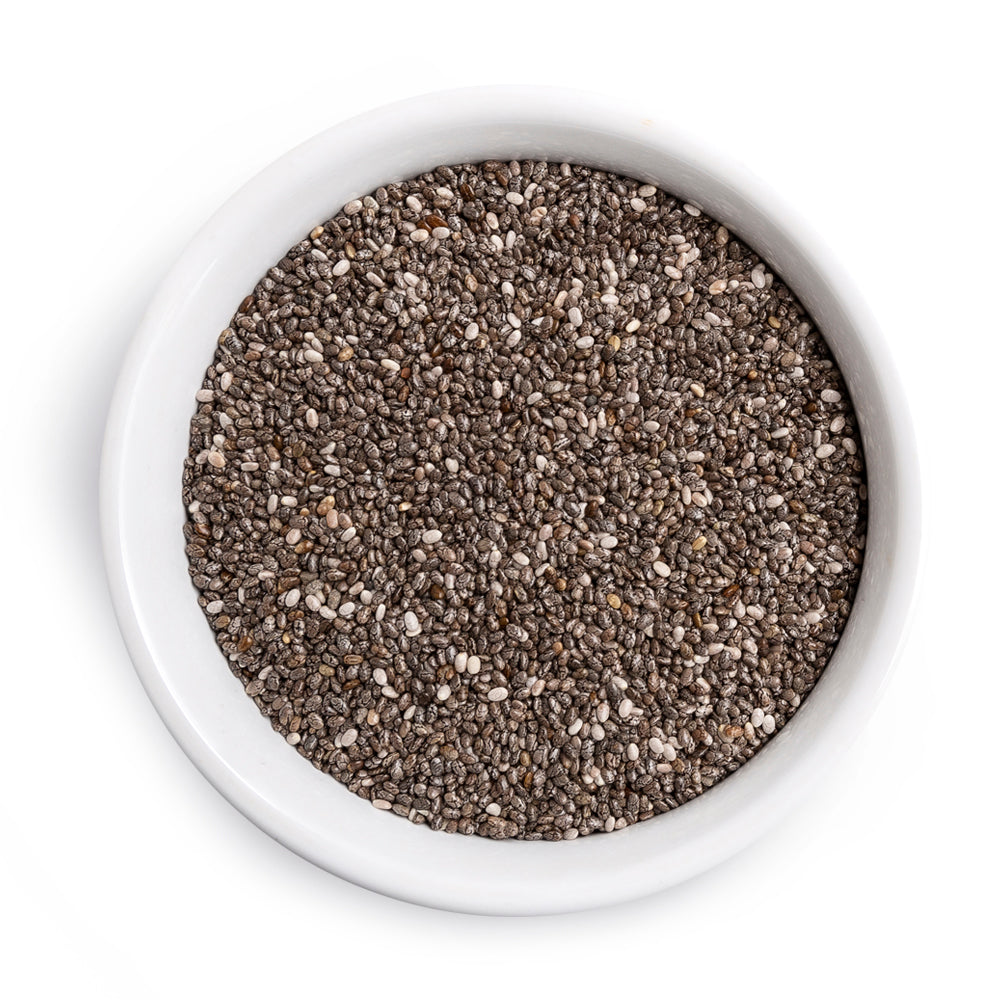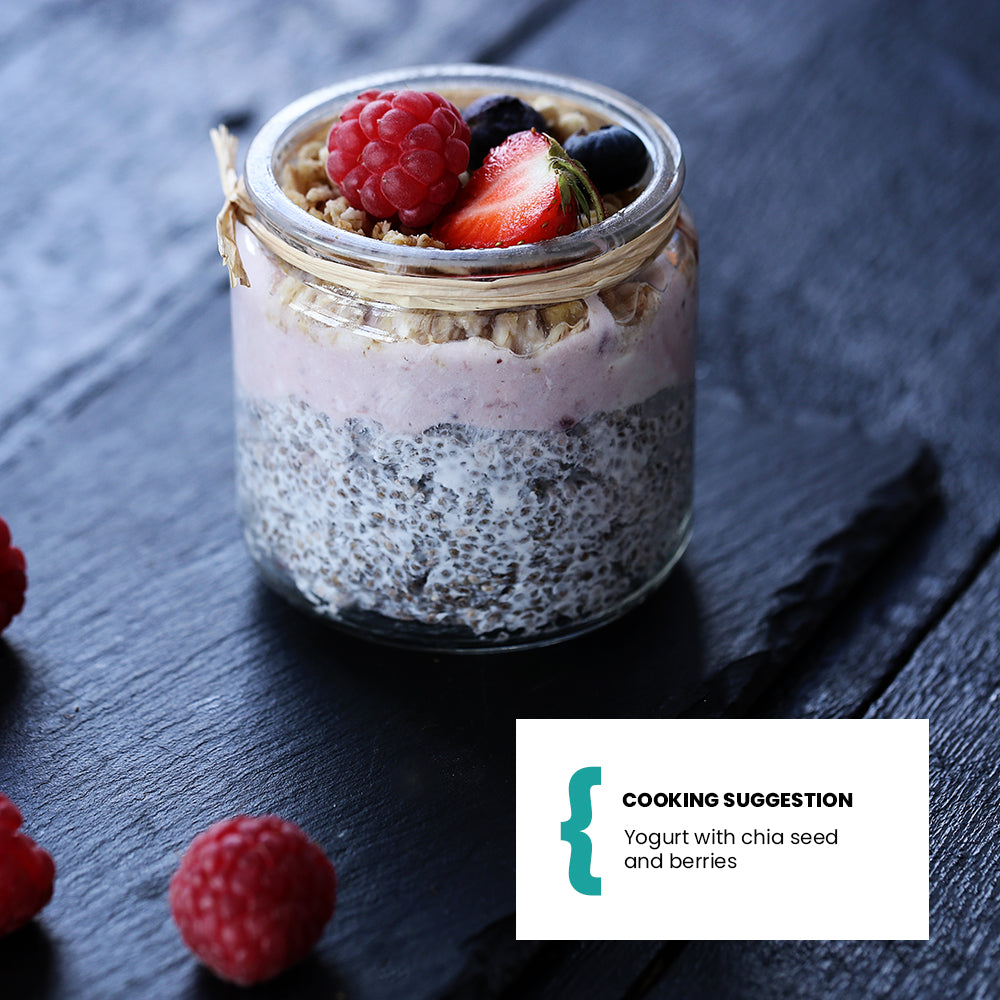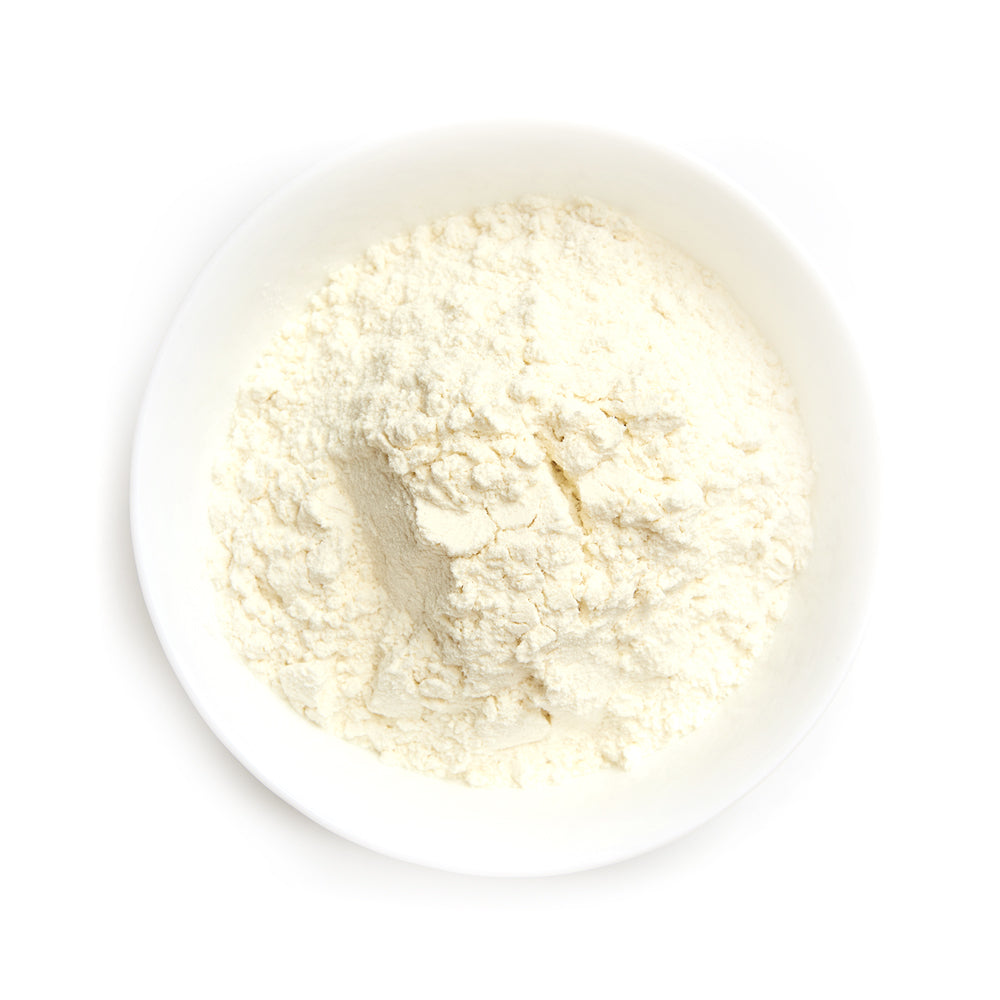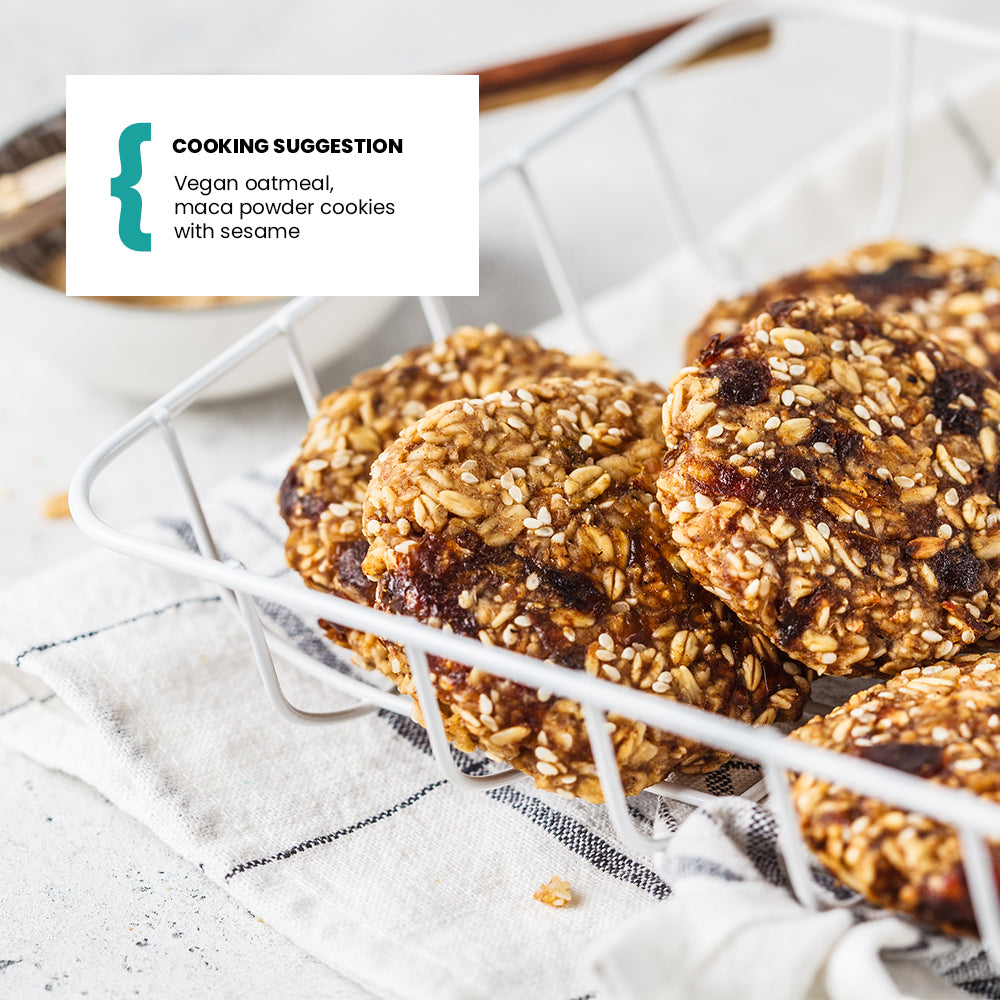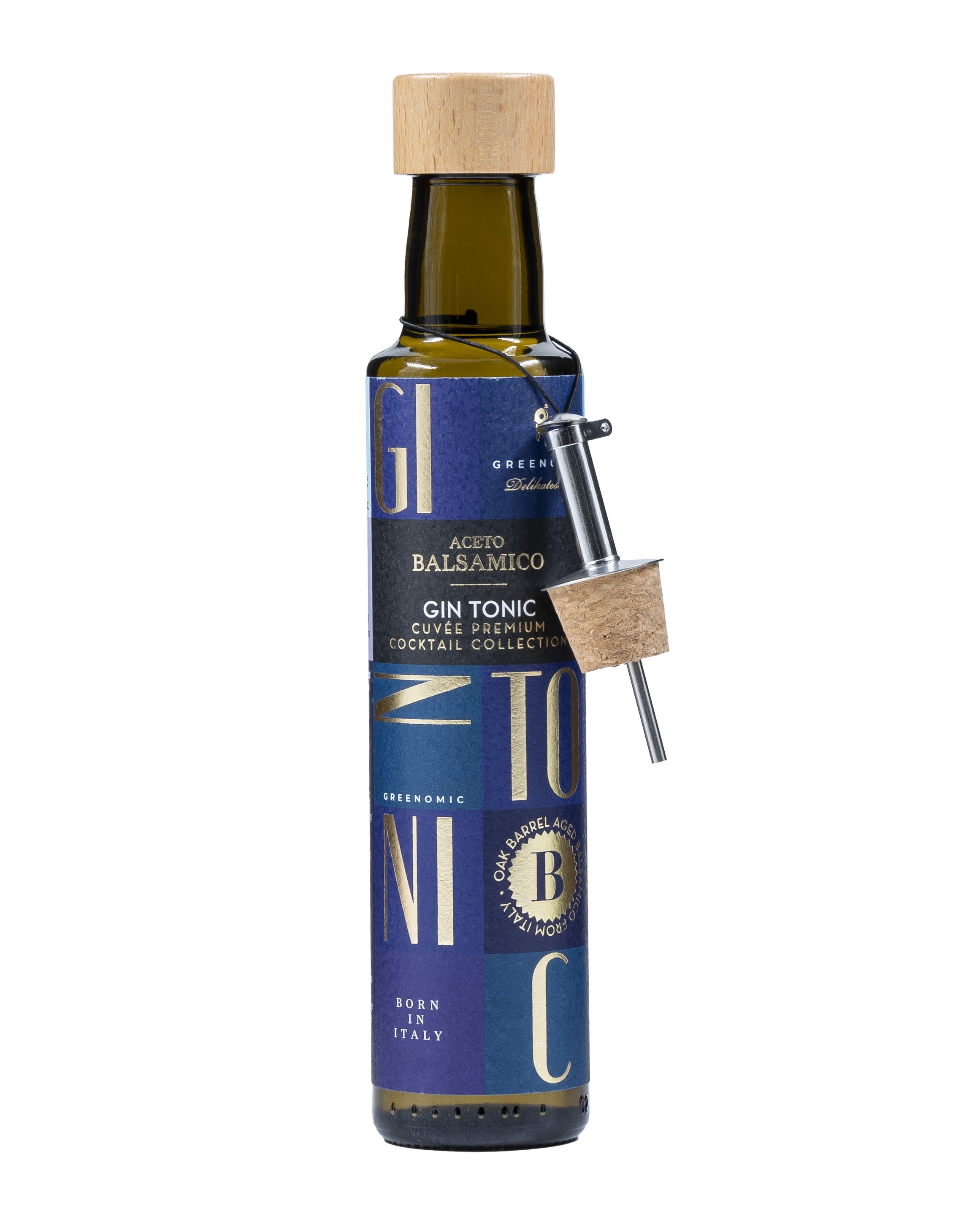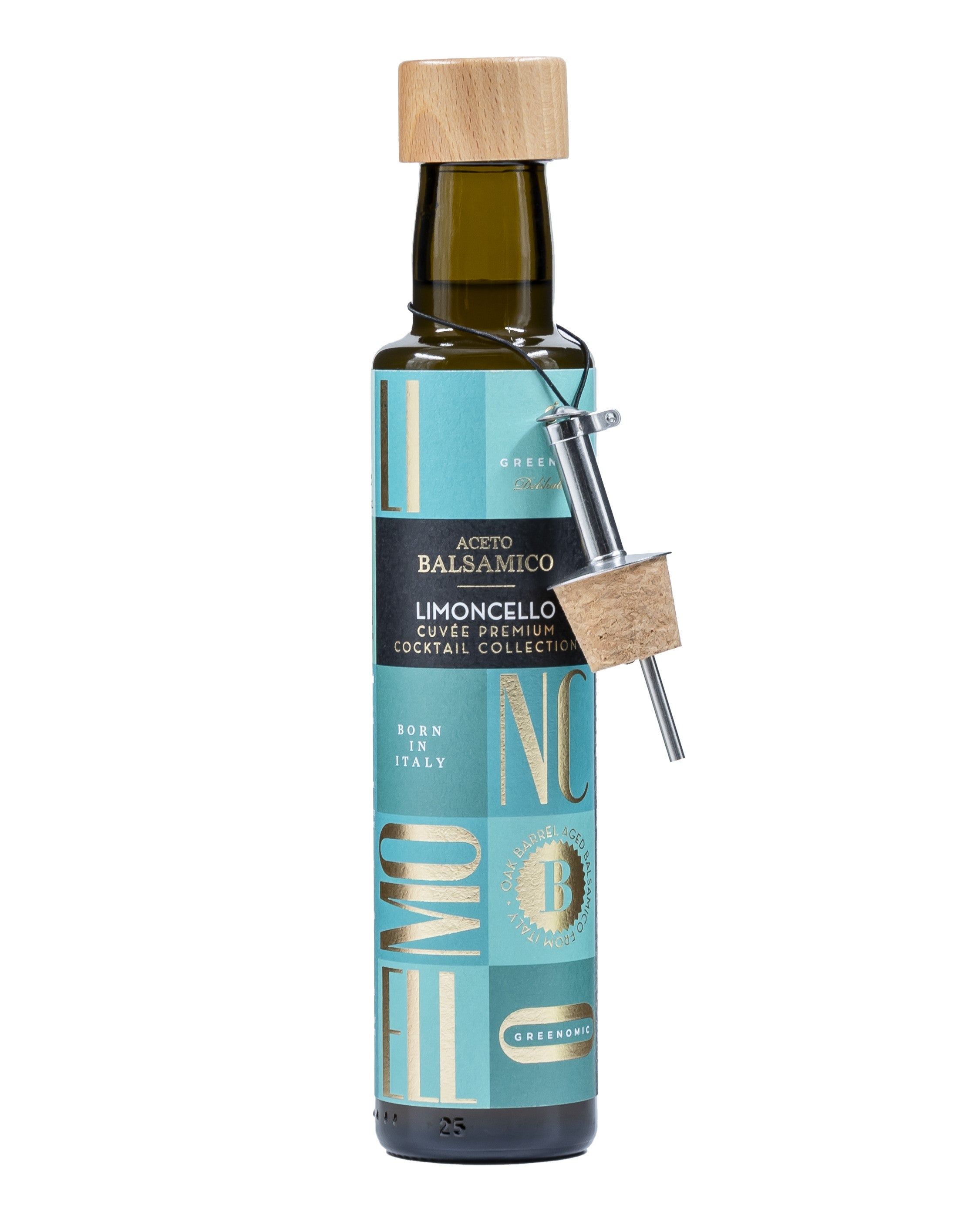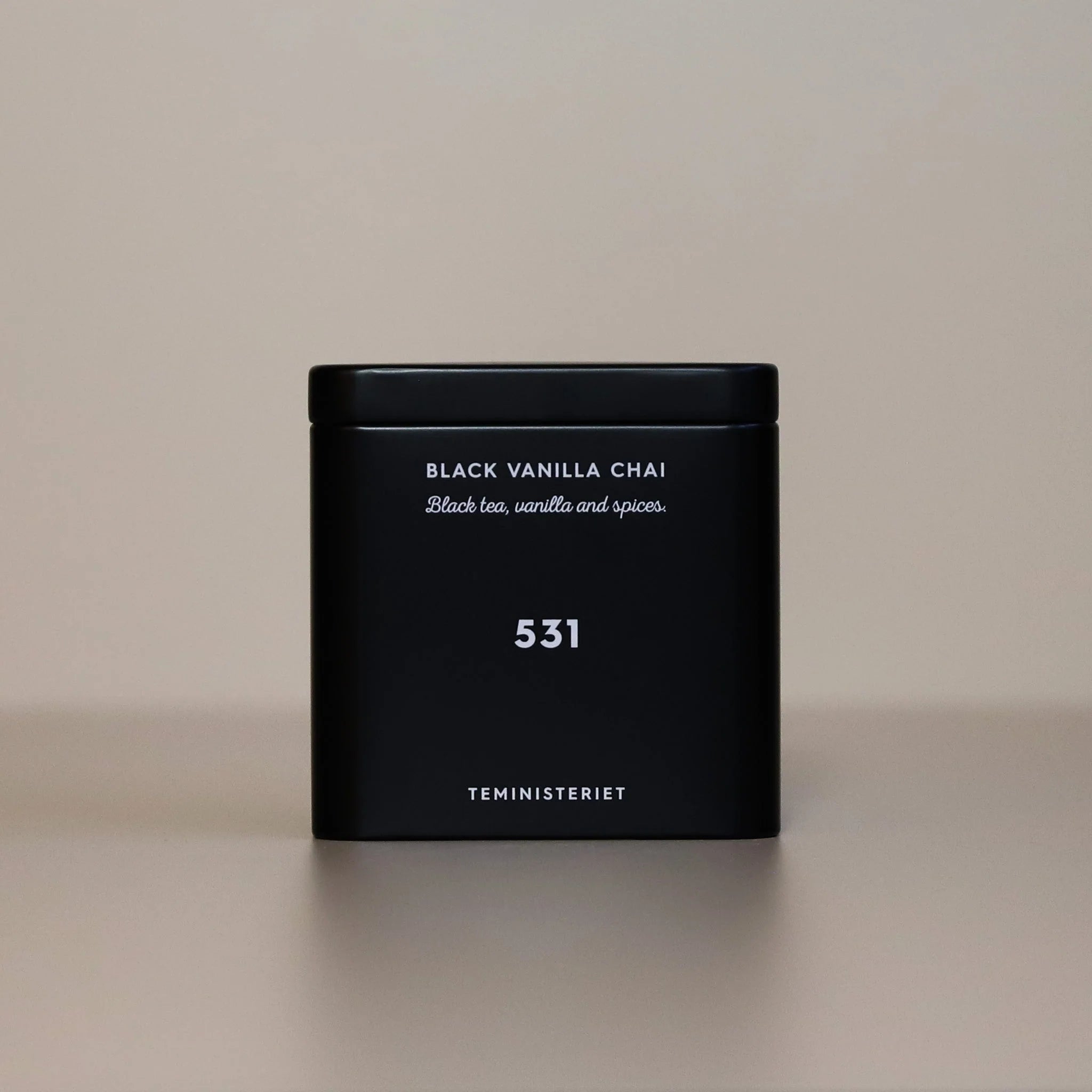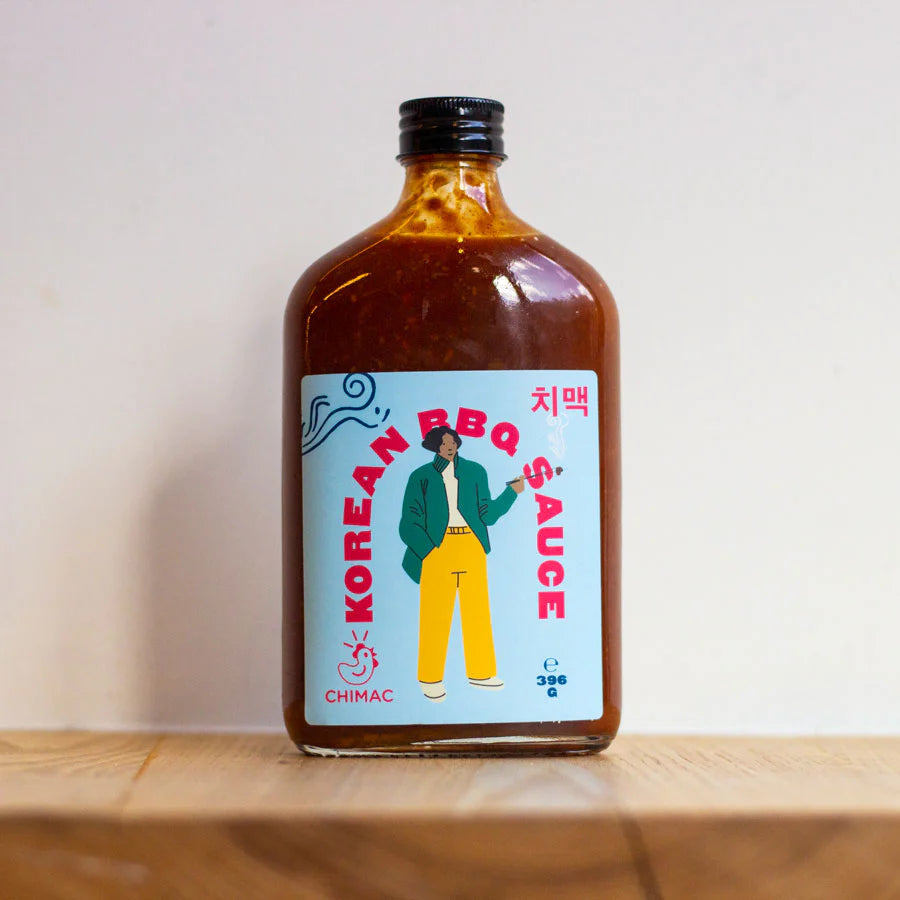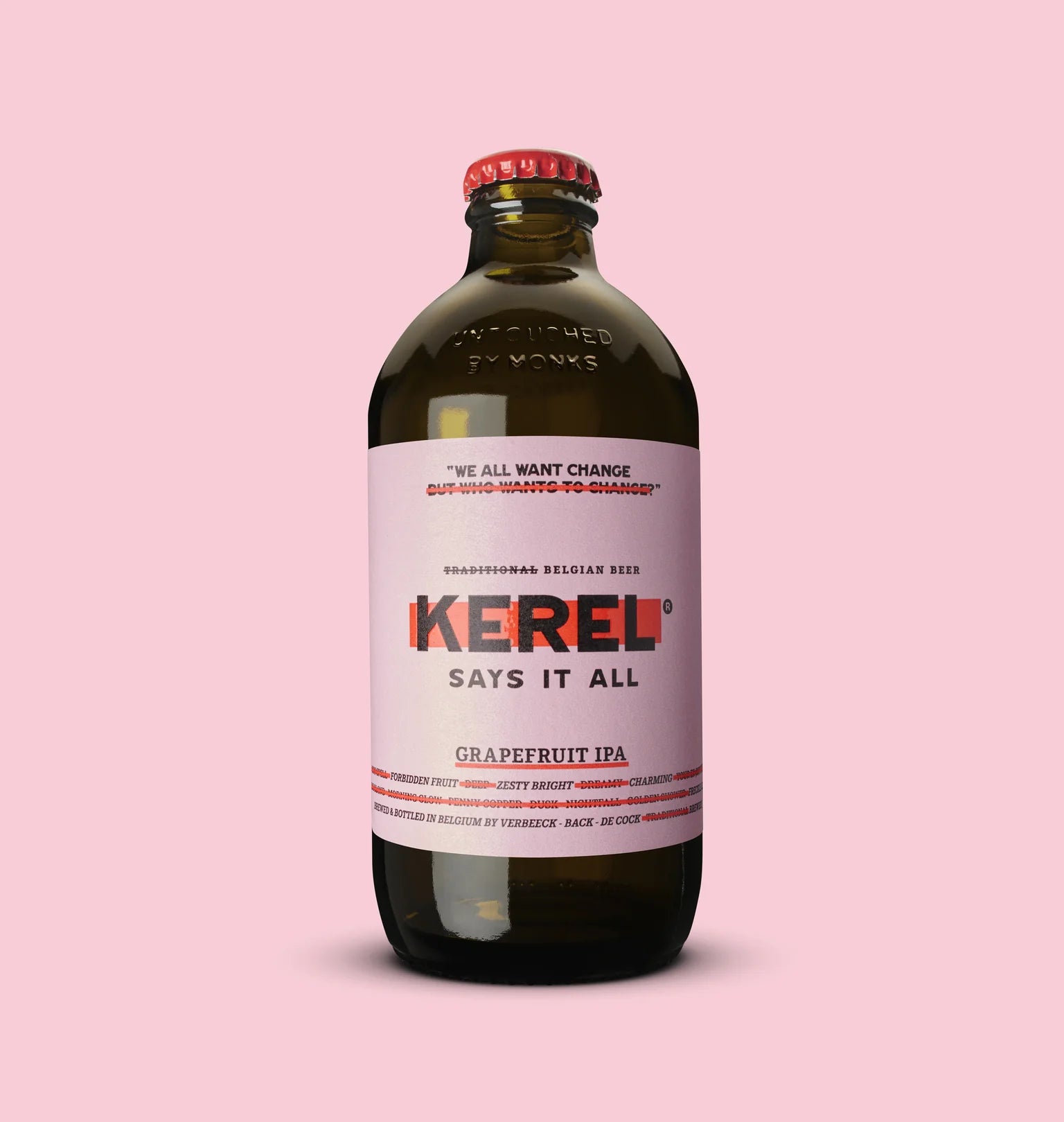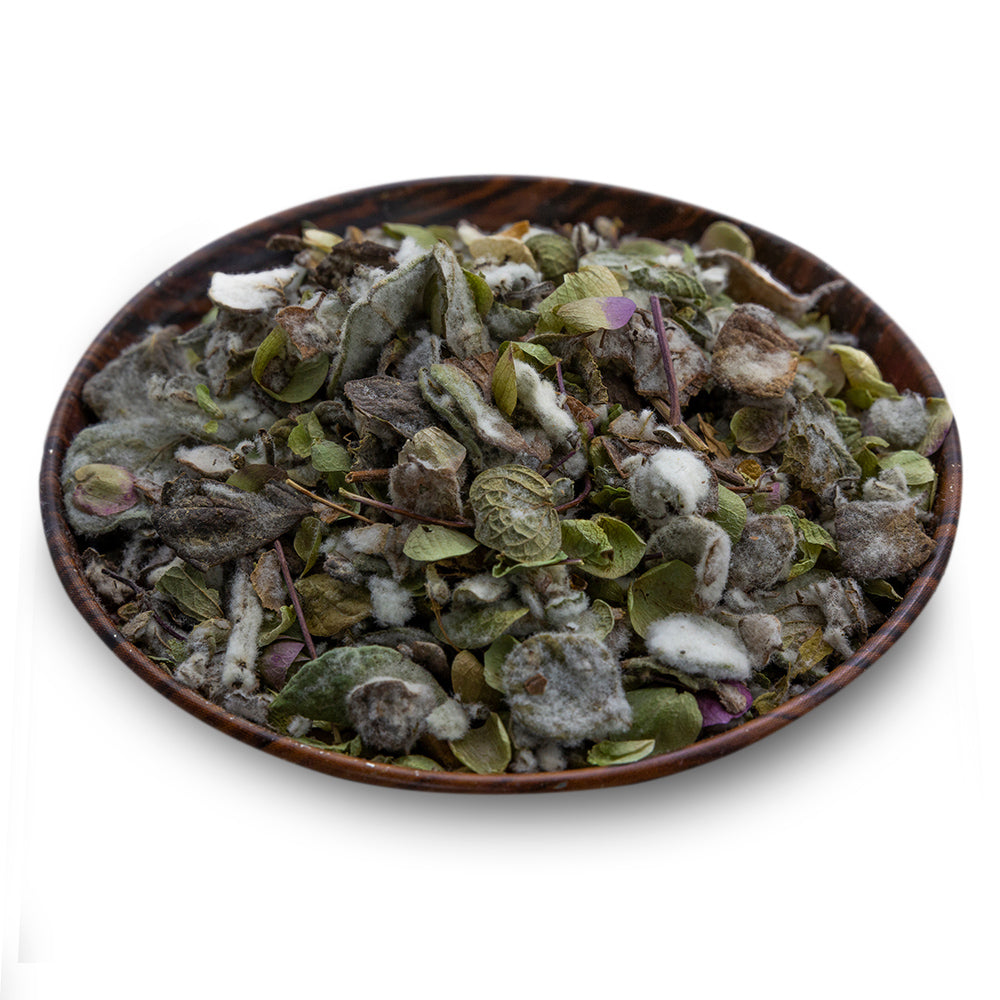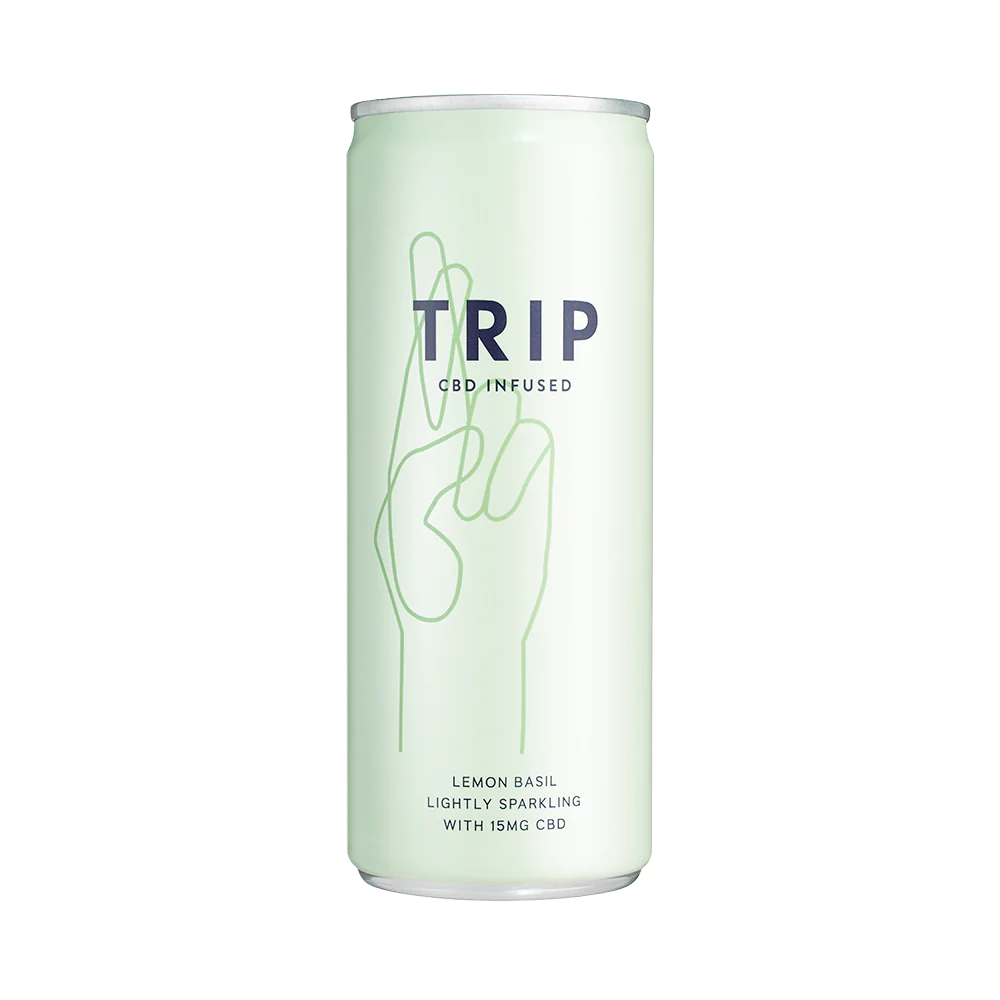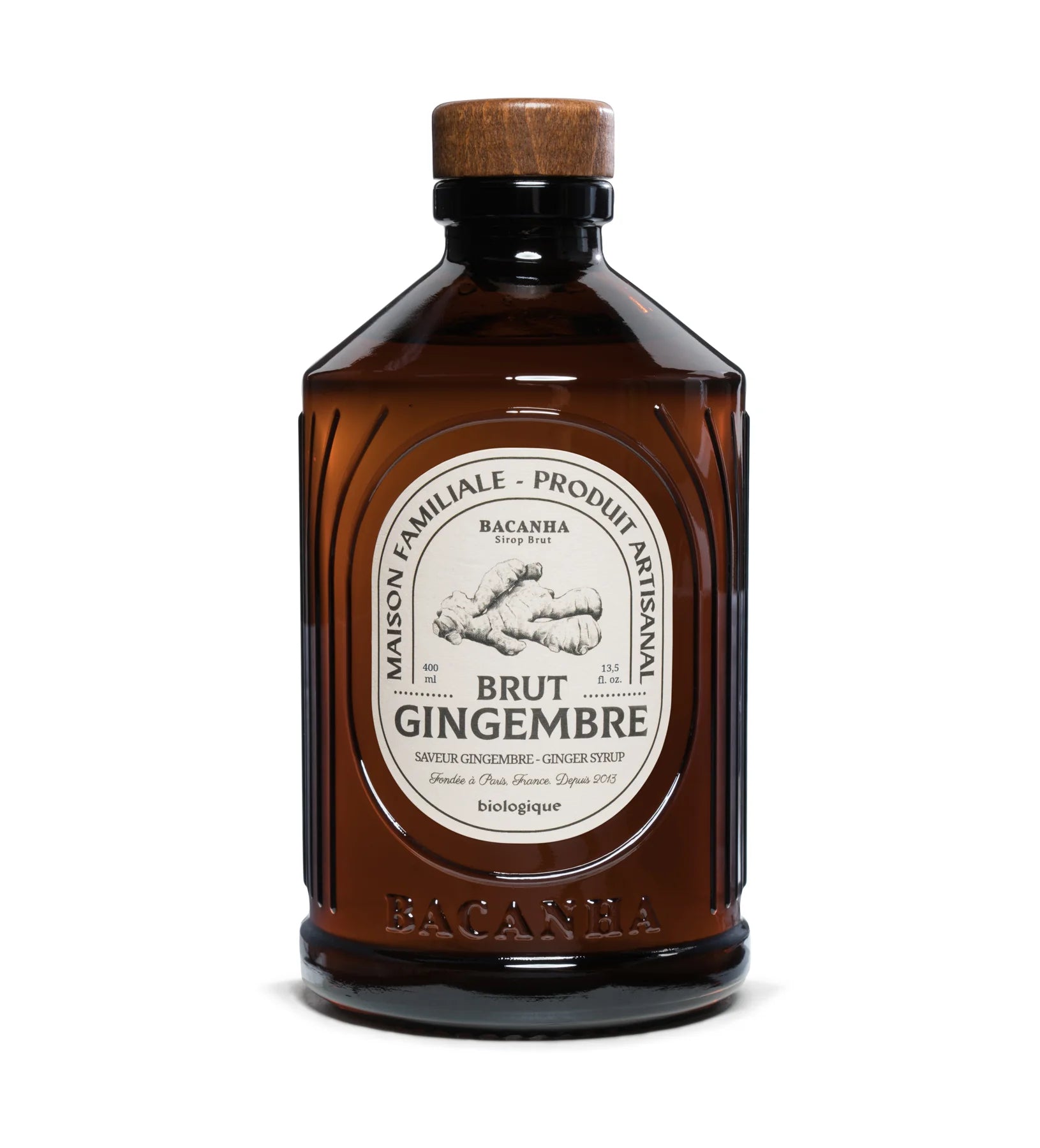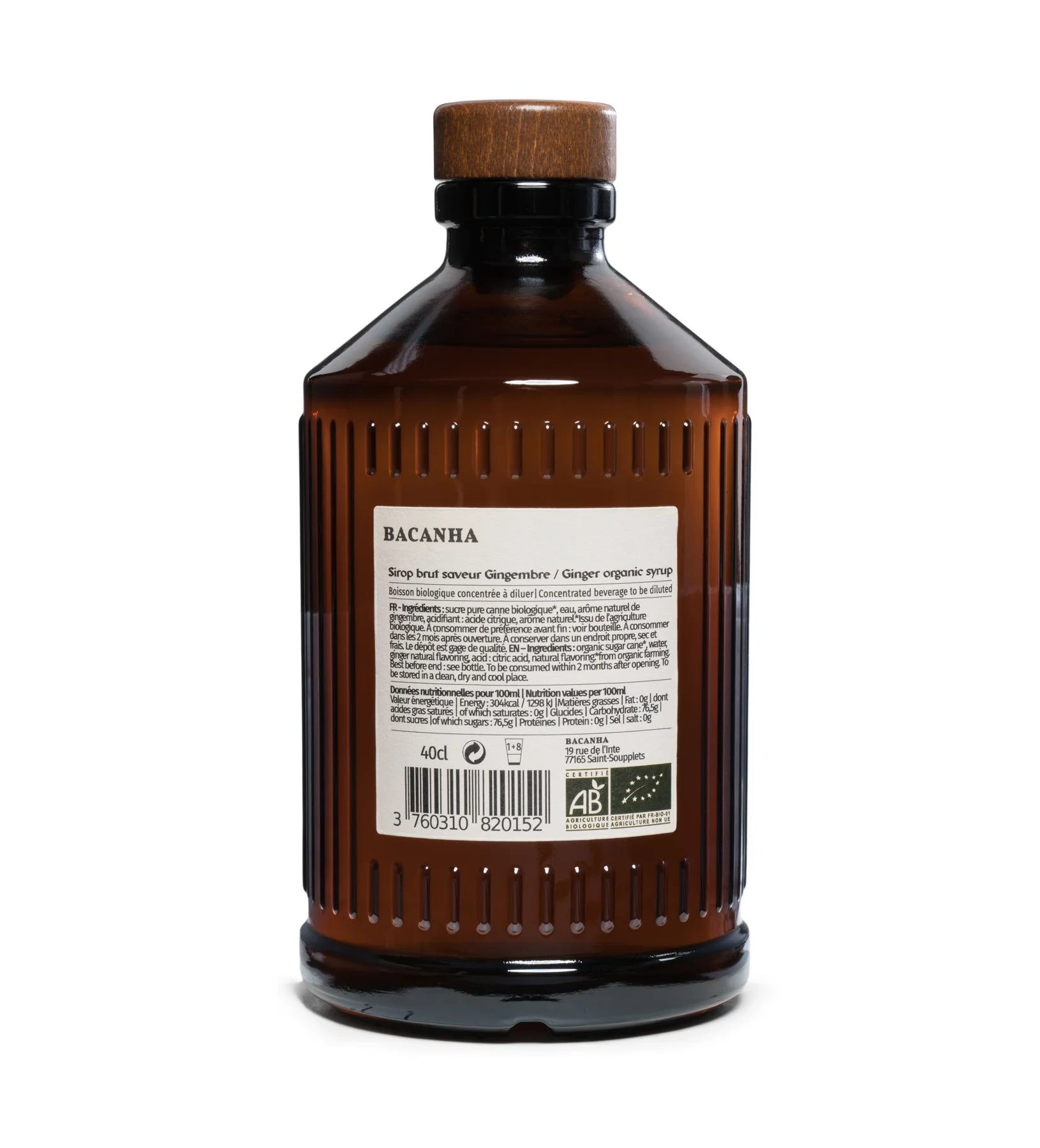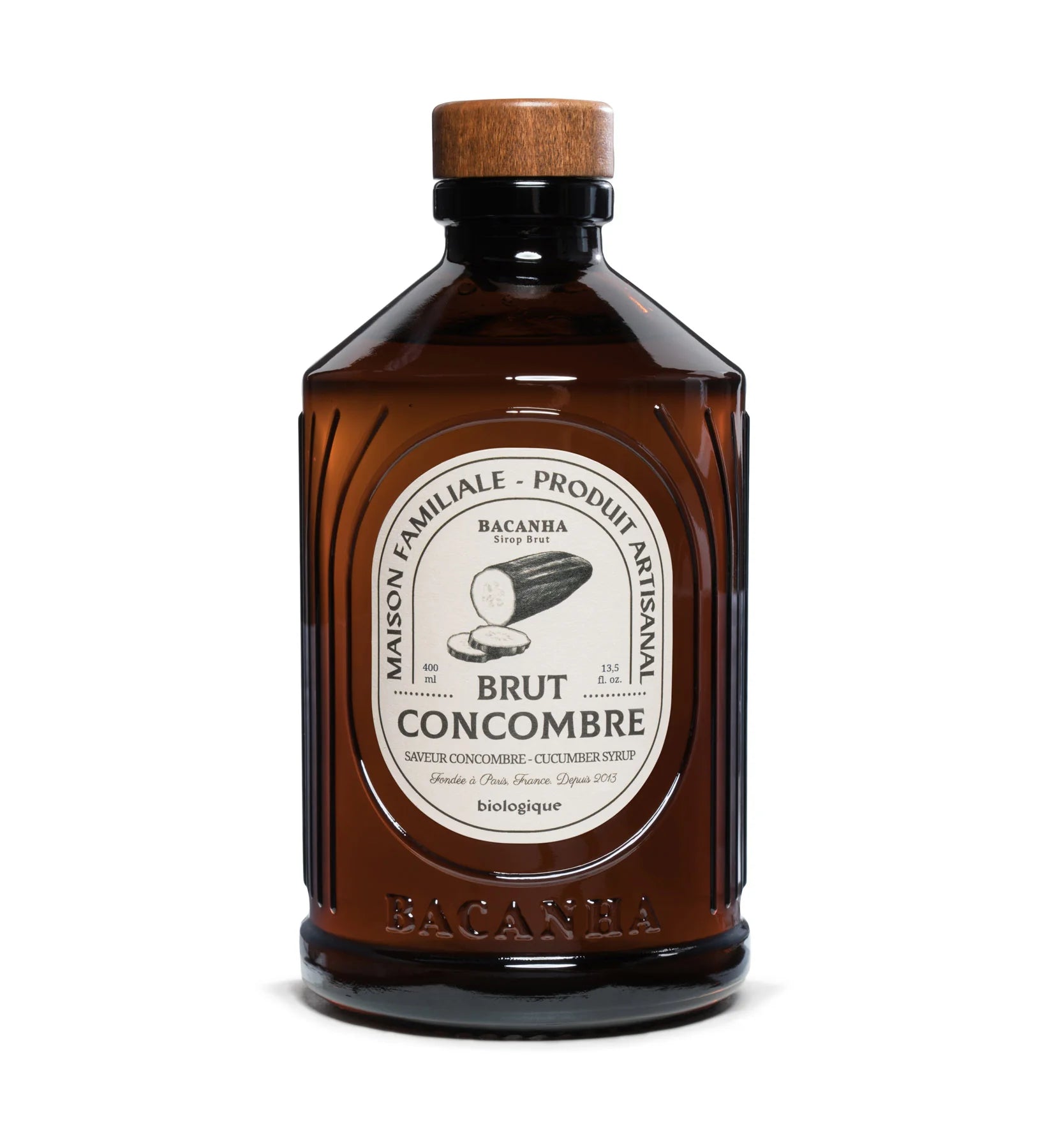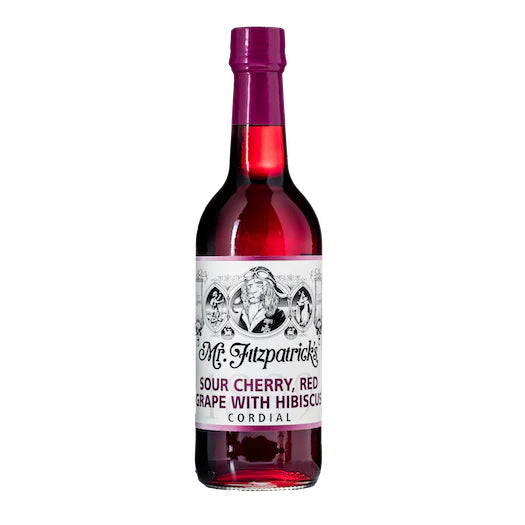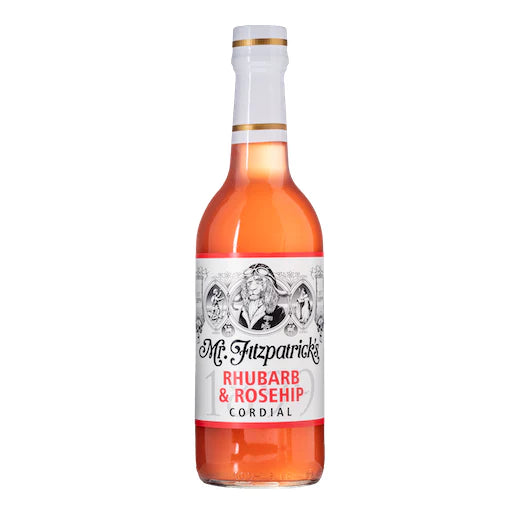About Flax Seeds Golden Organic
Flaxseeds are simply the seeds of the flax plant. This plant has a long history both in the textile and culinary applications. It’s one of the oldest crops we know about. In fact, the Latin word for the plant is Linum usitatissimum, which means “very useful”
Flaxseeds prove to be a real superfood; they are great source of protein, fiber, omega-3 fatty acids, in addition to being a rich source of vitamins and minerals. They have been linked to health benefits, such as improved digestion and a reduced risk of heart disease, type 2 diabetes. Adding flax seeds to your diet helps improve digestion, cholesterol, healthy skin, cardiovascular health, and much more.
Storage and shelf life
Store flax seeds in a cool, dry, airtight container, away from the sunlight and heat. It’s a good idea to store in the refrigerator too, the coolness helps the seeds maintain freshness and allows them to last longer.
Flax seeds, when stored properly, will keep their taste and texture for up to 1 year.
Shipping and delivery
The product is available for delivery and pick up from our store in de Pijp.
The product is delivered in recycled paper bags.
Nutricional information
Nutritional Value per 100 g
Energy 477 kCal
Protein (g) 19.0
Fat (g) 31.0 (Saturated: 2.9)
Carbohydrates (g) 13.0 (Sugars: 0)
Dietary fiber (g) 34.8
Salt (g) 0.07
Allergens: This product contains known tree nuts allergens. May also contain traces of allergens due to possible cross-contamination
How to use
The flavor of flaxseed isn’t as prominent as the texture, but you will get a nutty essence. Sprinkling the seeds on your meal proves the easiest thing to do. Incorporate them whole or grinded into your morning cereal or granola, smoothies, salads and baked goods like muffins, bread, cookies and cakes.
It’s recommended to drink plenty of water when eating flax seeds.
Other interesting information
Flaxseed is a rich source of protein, healthy fat, antioxidants, and fiber. The seeds contain lignans, very high levels of the essential fatty acid alpha-linolenic acid, as well as an array of minerals, including folate, calcium, iron, magnesium, phosphorus, and potassium. The seed also contains vitamin B1 and B6. Flaxseed is one of the richest plant sources of the omega-3 fatty acid i.e. α-linolenic acid. Omega-3 fatty acids in the diet are important because they can lower the risk of heart attacks and combat coronary artery disease. Flex seed is also a great source of fiber. If you include only 10 g of flax seed in your daily diet you increase your daily fiber intake by 1 g of soluble fiber and by 3 g of insoluble fiber.
